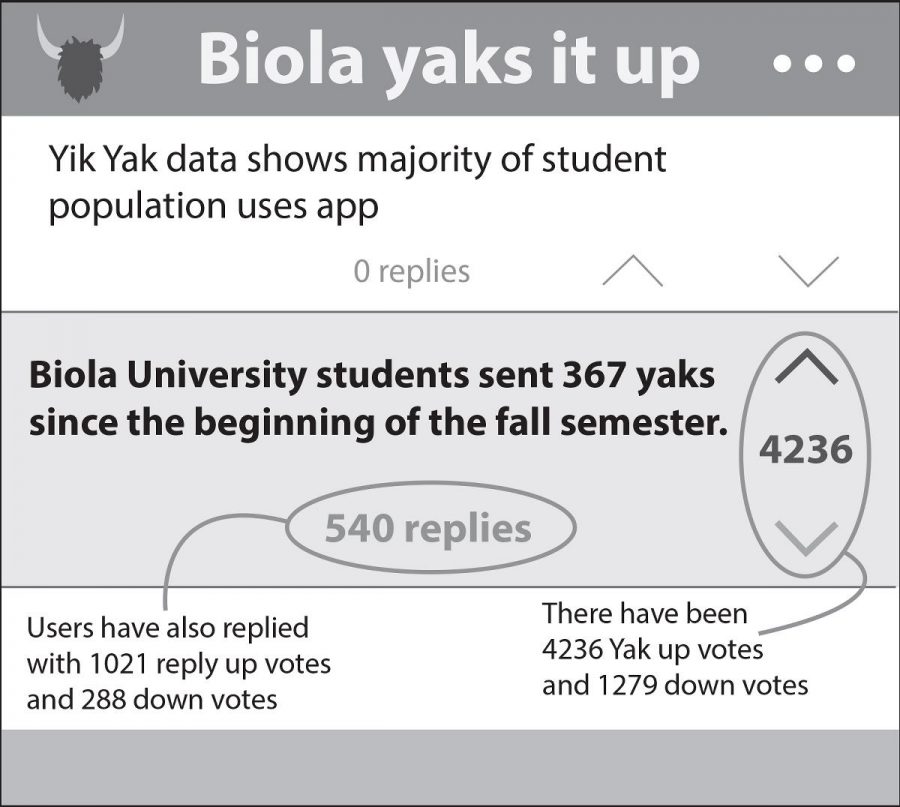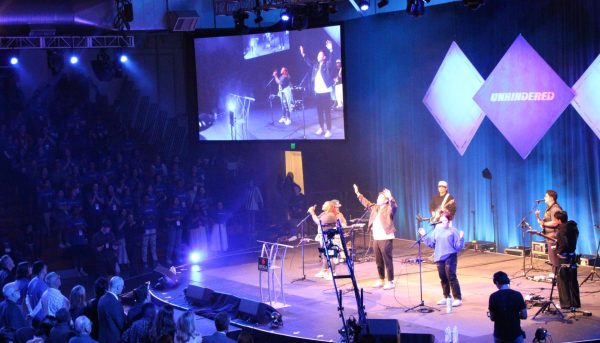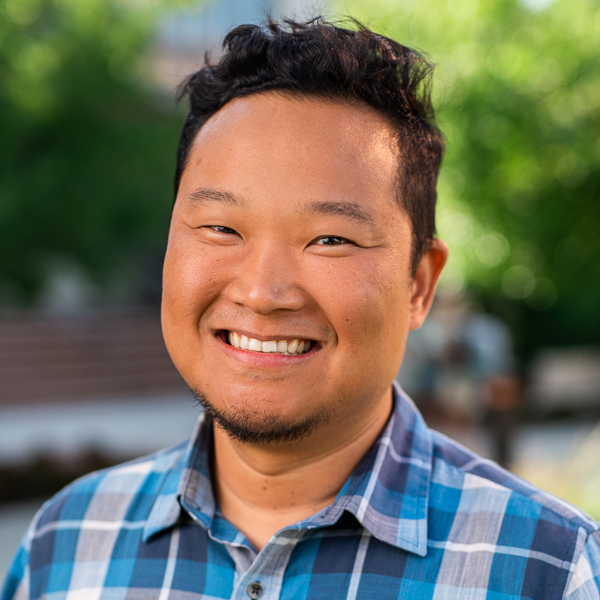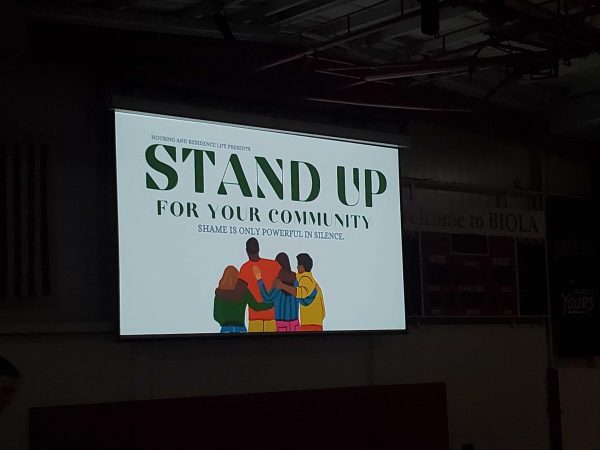Yaking with Yik Yak
A representative from the popular app answers questions about it’s usage.
December 2, 2014
After Biola stood out as a campus with high usage of the app, Yik Yak’s lead community manager Ben Popkin offered to do an interview with The Chimes about the intentions of the company and how they respond to negative usage that Biola’s campus has faced.
Dayna Drum: What sort of factors contribute to a high usage like [over 50 percent of the student population]? Why would our university have a higher usage than the next university?
Ben Popkin: You can kind of see around universities, the more people get it the more entertaining it becomes, and the more people want to be on it. So what happens, especially at Biola, you get more people on it — they’re creating more content in general, so there’s more reason to check in and more often. It’s just an addicting application.
D.D.: What do you think about the anonymity that the app provides people and how they use it?
B.P.: The anonymity comes back to creating a level playing field for everyone. With Yik Yak, you only read the content. You have no idea whether this person posted this or that, you judge specifically on the content that they’ve made around you. The anonymity lends itself to creative content for everyone.
D.D.: So when the app first started or when it started gaining popularity, did you anticipate the negative ways that the app could be used?
B.P.: We recognize that with any social media or app that there’s going to be likelihood of misuse from a small group of users. We have a few things, we have algorithms that track and flag keywords like racial slurs, names and threats. We’ve added geo-sensing on primary and secondary schools throughout America. So if you’re on a high school campus and try and open up Yik Yak, it just won’t work. We’ve also made the app 17-plus age requirement. We also have up-voting and down-voting. If something gets to a negative five score then it gets taken off the feed. You can also report, which sends it directly to our moderation team. They review comments that come in and either review them if they need to be removed or put them back on the feed if they weren’t supposed to be reported — sometimes people report things by accident.
D.D.: What methods do you use to respond to cyber-bullying, arranging drug exchanges, sexual encounters, all issues that have arisen within our own student body?
B.P.: Yeah, when it comes down to it, we have all of our filters and we do everything that we can proactively to make Yik Yak a good place. But we also depend on the community and the users around your college campus to make Yik Yak what they want it to be, which is via down-voting and reporting. A few people can really shape a feed.
D.D.: Several universities have gone so far as to ban the use of the app on their university server, how have you responded to that?
B.P.: The short answer is, we don’t really. If they’re a private institution or an institution in general they’re allowed to do whatever they want with their Wi-Fi. Universities should engage it instead of try and shut it down.
D.D.: Let’s shift gears a little, what lies ahead for the company?
B.P.: We’re always trying to improve the general experience of Yik Yak for all of our users moving forward. So we’re focusing a lot of our attention to that, we’re also excited about the peek feature. There’s a new feature called “peek anywhere,” where you have the magnifying glass in the top right corner and you can peek anywhere in the world. So you can see exactly who’s yak-ing around there. That’s really exciting coming up, especially for the potential with news sources. If something happens at a certain university, you can look in and see what kids are yaking about.
D.D.: Those things all sound really interesting. Do you have anything that you would like to add?
B.P.: I would just like to reiterate that Yik Yak should be used as a tool to provide kind of an open forum to give a voice to people who might not have it. And think of it as a communications tool. This guy in Texas got stranded in his car and he was trying to call his friends but no one was really answering. So he threw it up on Yik Yak and was like “I’m stranded on this road.” And twenty minutes later, some guy showed up with jumper cables to help him out. That’s a really a cool thing to see and that’s what we’re intending with Yik Yak. It’s an open forum and a way to connect with those around you that you otherwise would not have.







